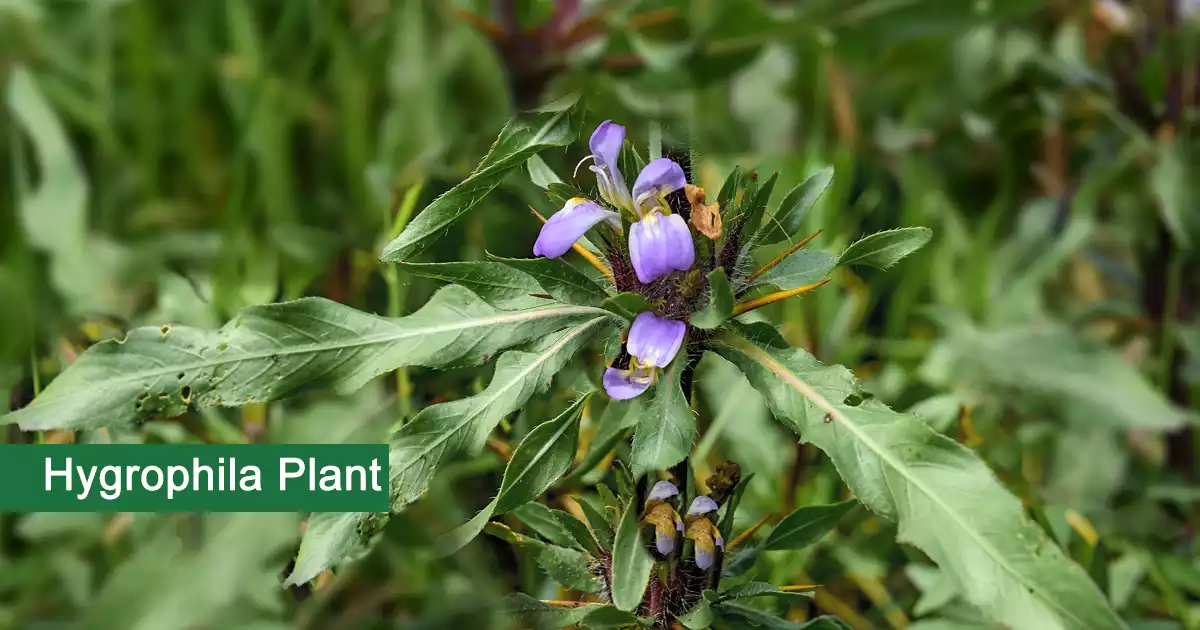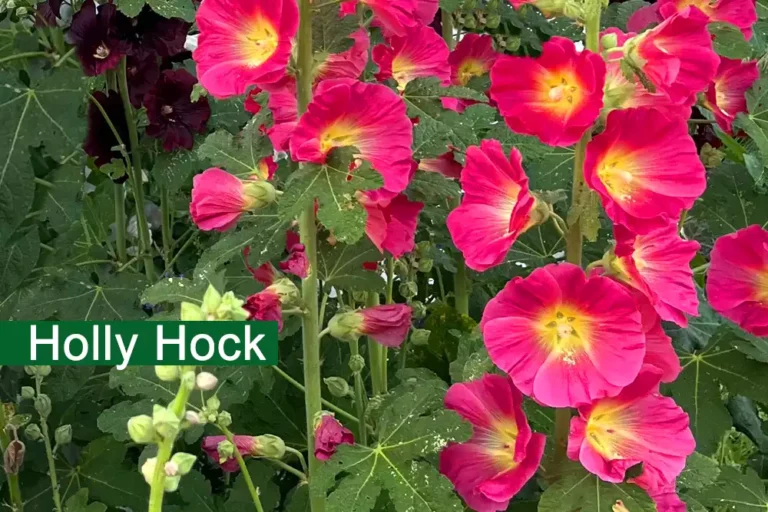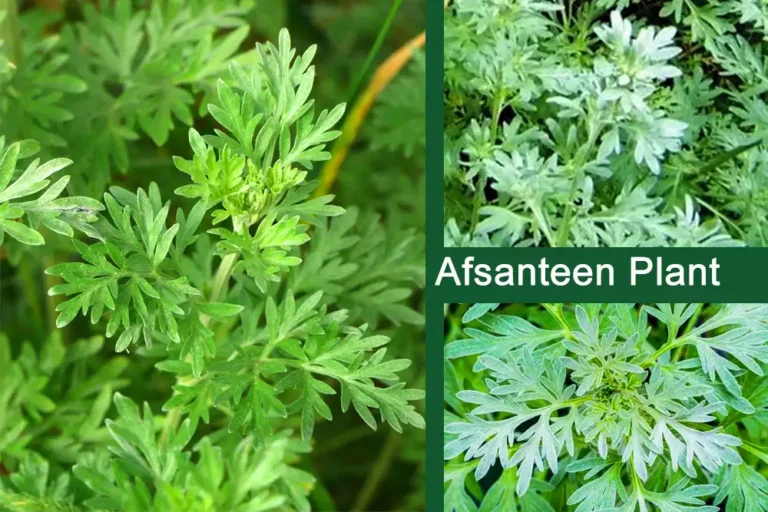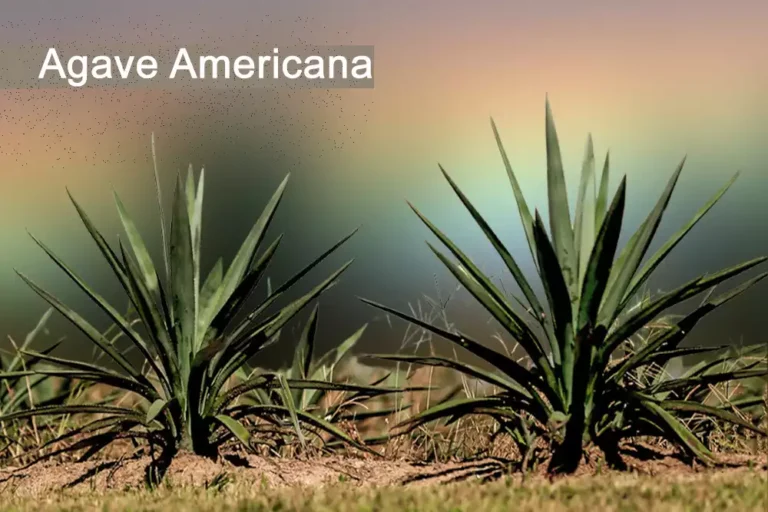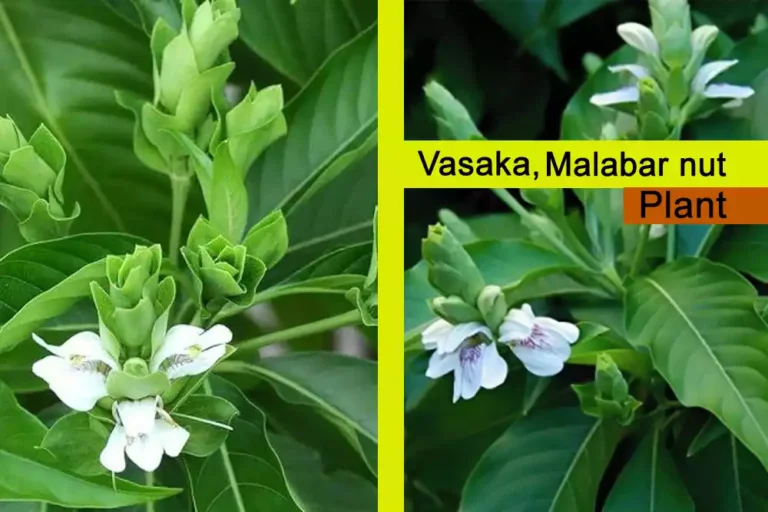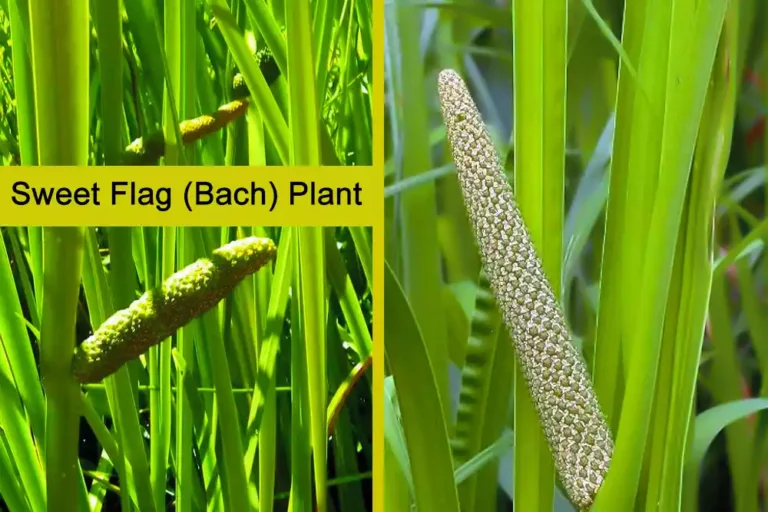Hygrophila (Talmakhana) Plant Medicinal Uses, And Benefits
Hygrophila Plant is also known as the Asteracantha longifolia, Hygrophila, longifolia plant, Hygrophila auriculata, and in Urdu Talmakhana. Find out its medicinal uses, benefits, how to identify and grow it, and its traditional and international uses.
Hygrophila Plant Overview
| Botanical Name | Asteracantha longifolia |
| English Name | Hygrophila |
| Urdu Name | Talmakhana |
| Family | Acanthaceae |
| Habit | Annual herb or under shrub |
| Part Used | Leaves, seeds and the roots |
| Medicinal Plants | Explore |
Hygrophila Plant (Talmakhana)
Hygrophila plant grows to a height of about 60 cm. Generally the plant is found on wet places. The stem of the Talmakhana (Hygrophila ) plant is square, thickened at nodes, and hairy. The bark is dark brown. The leaves are elliptic-lanceolate, hispid and sessile. The flowers are bluish purple.
The capsules are 1 cm. long, linear oblong, pointed glabrous. The seeds of Hygrophila plant are dark brown, hairy and spherical. It is a robust, erect, annual herb.
The stems are sub-quadrangular with thickened nodes; the leaves are oblanceolate, with a yellow spine in their axil; the flowers are pale, purple-blue, densely clustered in axils; the fruits are oblong, glabrous capsules, 4-7 seeded.
Distribution of Hygrophila Plant
This Hygrophila plant is widely distributed in India and Sri Lanka.
Medicinal Uses of Hygrophila Plant
Folk Use
The Hygrophila plant was extensively used in traditional systems of medicine for various ailments like rheumatism, inflammation, jaundice, hepatic obstruction, pain, etc. The roots, leaves and seeds have been used in Indian systems of medicine as diuretics and also employed to cure dropsy, anasarca and diseases of the urinogenital tract and is useful in impotence, spermatorrhoea and seminal debilities.
Tib (Traditional Islamic Medicine) Uses
It was described in ayurvedic literature as Ikshura, Ikshugandha, and Kokilasha. In Ayurveda are believed to be useful in strengthening the haematopoietic and immune system of an individual.
The Talmakhana (Hygrophila) plant was extensively used in traditional systems of medicine for various ailments like rheumatism, inflammation, jaundice, hepatic obstruction, pain, etc. In Ayurveda, the leaves, seeds, and roots treat rheumatism and urinary tract infections. Powdered seeds taken with milk are said to increase libido.
International Use
The seeds are acrid, bitter, aphrodisiac, tonic, sedative, and useful in diseases of the blood. Anaemia is a common nutritional disorder, mainly caused by iron deficiency. The plant possesses anti tumor, antimicrobial, haematopoietic activity.
Seeds have aphrodisiac effect mainly due to the pharmacological action of the main ephedrine. Its action on uterine muscles tones up the smooth muscles of oestrus in females. It is also used in excessive bleeding, kidney & gall Stone, jaundice and insomnia.
Culinary Use
The leaves are edible and are used as a vegetable. Consult an Ayurvedic (Tib) expert before using it.
Constituents of Hygrophila (Talmakhana) Plant
Plant contains lupeol, stigmasterol, hydrocarbons and essential oil while flower contains apigenin glucoronide. The main constituents are alkaloids, phytosterol, potassium salt of oxalic acid, diastase, and protease. The seeds contain large amount of tenacious mucilage, potassium salts sterol, oil, compounds of unsaponified matters.
Climate and Growth Hygrophila
- Climate: Tropical areas
- Temperature: Max: 28°C, Min: 16°C
- Rainfall: 250 mm/year
- Soil: This plant requires loamy, clayey and sandy clay.
- pH Range: 5.5 8.3
- Reproduction: By cuttings & seeds
FAQs
Is Hygrophila easy to grow?
Yes, Hygrophila is relatively easy to grow.
What is Hygrophila used for?
Hygrophila is used for:
1- Ornamental purposes (aquariums, gardens)
2- Medicinal uses (fever, cough, skin issues)
3- In Tib remedies
How do you care for a Hygrophila plant?
To care for Hygrophila:
1- Provide partial shade to full sun
2- Water regularly (keep the soil moist)
3- Fertilize occasionally
4- Prune to maintain shape
What is the Indian name of Hygrophila?
In India, Hygrophila is known as:
1- “Ikshura” (Sanskrit)
2- “Kulikaa” (Hindi)
3- “Asthishrinkhala” (In Tib name)
Disclaimer:
All images used in this post are from Google Images and Credit goes to their respective owners.

